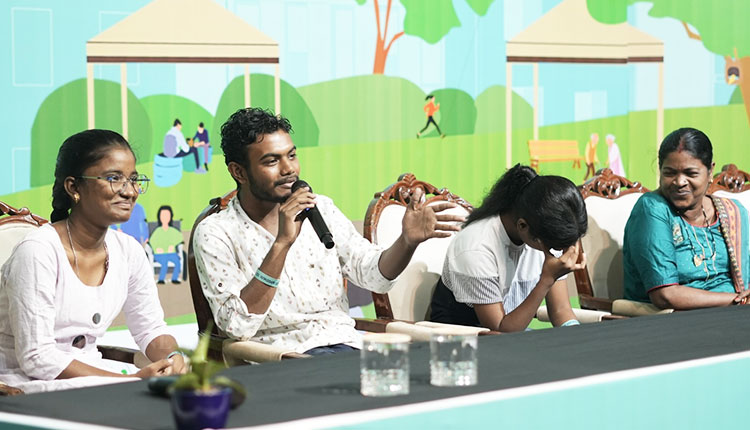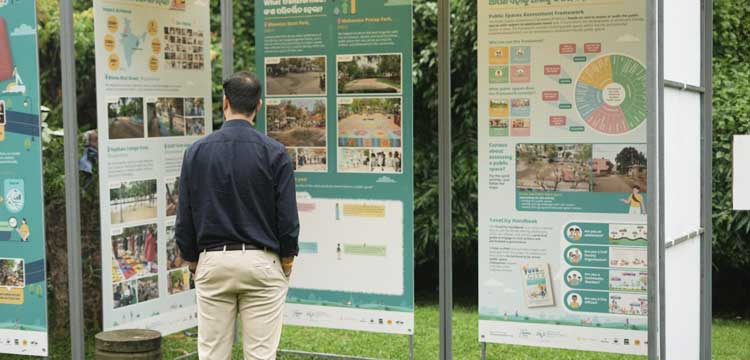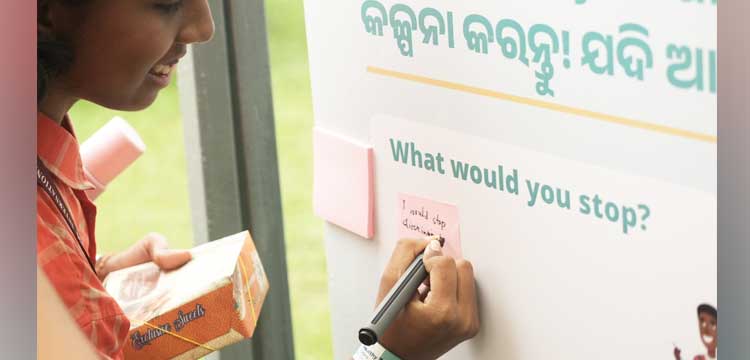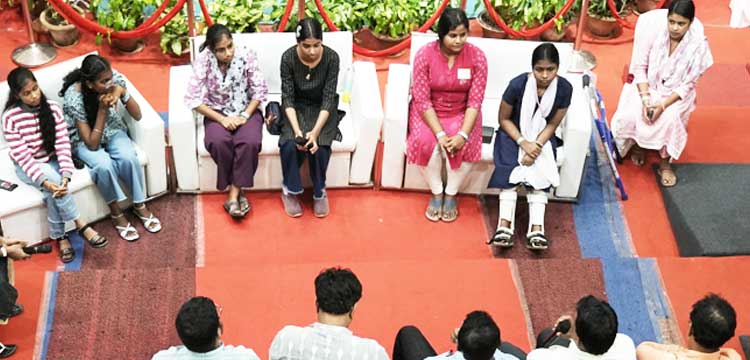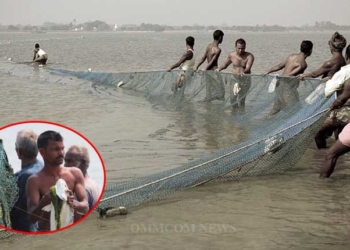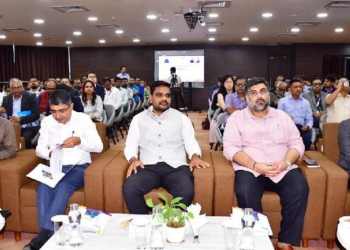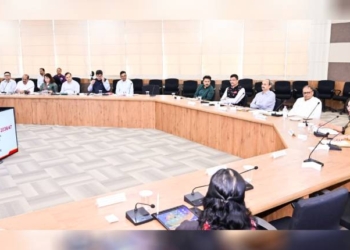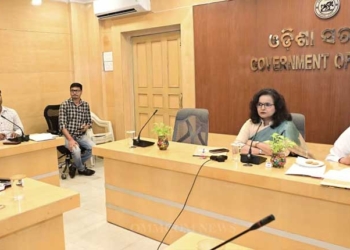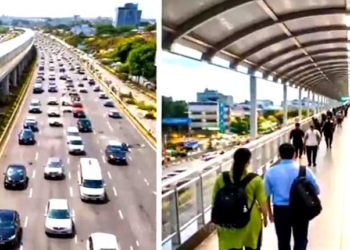Bhubaneswar: YuvaScape 2025, a two-day convening spotlighting adolescents as key partners in building resilient and inclusive cities, opened on Friday at the Centre for Youth and Social Development (CYSD).
The event brought together youth-led discussions, interactive activities, and dynamic exhibitions where young Public Space Ambassadors showcased how adolescent voices can shape people-friendly cities aligned with Odisha’s Vision 2036, Vision 2047, and the national goals of Viksit Bharat.
At the heart of the event was the Public Spaces Assessment Framework (PSAF)—a data-driven tool co-created with insights from more than 1,300 adolescents across Bhubaneswar and Jaipur. Developed under the Safe, Vibrant, and Healthy Public Spaces project led by WRI India, PSAF equips adolescents, city agencies, and local communities to identify actionable solutions for safer, more inclusive, and engaging public spaces.
Speaking at the launch, Shantanu Rath, Director of the Odisha Urban Academy, said, “Platforms like YuvaScape are crucial to engage and nurture adolescents. Urban local bodies should create similar forums. India’s growing demographic dividend, characterized by larger representation of our youth, is our greatest advantage in shaping a sustainable future.”
Despite forming 22% of Odisha’s population, adolescent voices are often absent from urban planning. YuvaScape seeks to bridge this gap by creating a formal dialogue between young people and decision-makers, reinforcing Odisha’s people-first governance model and providing a blueprint for youth participation in city planning across India.
During the convening, city officials and experts joined adolescents for an ‘adda’, exchanging perspectives on everyday challenges and brainstorming solutions for safer, more inclusive neighbourhoods. Caregivers were also invited to acknowledge their role in fostering supportive and accessible public spaces.
For many adolescents, the platform was deeply personal. Deepti, a 17-year-old speech and hearing-impaired participant, shared in sign language: “I used to feel dejected when everyone around me could speak while I felt voiceless. Through this project, I’ve found a space where my voice is valued and my views matter. It has given me a sense of belonging — both among my peers and in my city.”
Over the past year, adolescents have reimagined five community sites, including three in Bhubaneswar, using low-cost tactical urbanism. They introduced shade, seating, play equipment, greenery, and accessible pathways, creating flexible and inclusive spaces that can be scaled up across cities. Supported by Fondation Botnar’s Healthy Cities for Adolescents initiative, the project highlights the link between quality public spaces and adolescent health and well-being.
With YuvaScape, Bhubaneswar positions itself within a growing global movement that recognizes young people as co-creators of urban solutions to advance the Sustainable Development Goals, climate equity, and accessible cities. The collaborative process provides a model for intergenerational dialogue, strengthening the path toward Viksit Odisha 2036 and Viksit Bharat 2047.
Prerna Vijaykumar Mehta, Associate Director, Urban Development, WRI India, said, “Through this work, we’ve seen an incredible learning curve — from having no prior knowledge of the subject to leading conversations about the city’s future. What’s most inspiring is their commitment to training younger peers, ensuring the continuity of this movement for years to come.”




